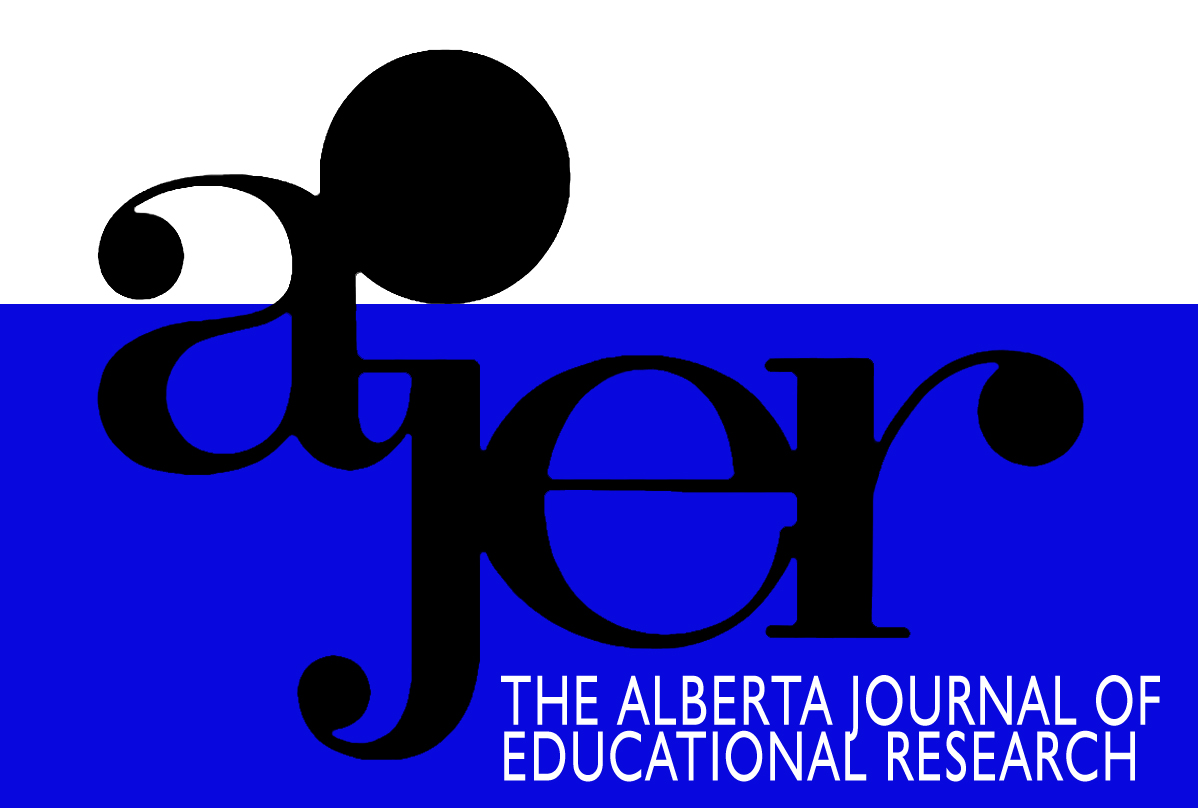Parents’ Conceptual Involvement in Their Children’s Education: An Assessment-Oriented View
DOI:
https://doi.org/10.55016/ojs/ajer.v59i4.55776Keywords:
Assessment, Parent involvement, Degree, Gender, Major,Abstract
Parents’ underlying beliefs concerning pedagogical issues may be an indispensable key to understanding the diverse activities that parents engage in with their children. Assessment, as a multifunctional educational mechanism, has long engaged the minds of not only teachers and students but also their parents. Thus, this study sought to delve into parents’ conceptions of their children’s assessment with respect to external variables including gender, major, and degree. In doing so, Parents’ Conceptions of Assessment (PCoA) was administered to a subset of 180 parents. The construct validity of the inventory was substantiated via Structural Equation Modeling (SEM). Analyzing the data, it was found that ‘Improvement’ was the parents’ dominant view toward assessment. Moreover, running MANOVA, parents’ educational degree played a significant role in the assessment-related conceptions of ‘Relevance’ and ‘Affect’. The results are discussed and implications are provided in the context of education.
Les croyances des parents relatives à certains enjeux pédagogiques pourraient s’avérer être des indications indispensables pour comprendre les activités diverses qu’ils entreprennent avec leurs enfants. L’évaluation, ce mécanisme pédagogique multifonctionnel, préoccupe depuis longtemps non seulement les enseignants et les étudiants mais également les parents. Nous nous sommes donc penchés sur les conceptions qu’ont les parents de l’évaluation de leurs enfants par rapport à des variables externes, y compris le sexe, le domaine de spécialisation et le diplôme. Un échantillon de 180 parents ont passé un questionnaire sur leur conceptions de l’évaluation. La validité conceptuelle du répertoire a été appuyée par la modélisation par équation structurelle. L’analyse des données a révélé que le concept de « l’amélioration » résumait le point de vue dominant des parents quant à l’évaluation. De plus, selon une analyse multivariée de variance, la scolarisation des parents a joué un rôle important dans leurs conceptions d’éléments liés à l’évaluation, notamment la « pertinence» et « l’influence ». Nous discutons des résultats et évoquons des incidences pour le domaine de l’éducation.
Downloads
Published
Issue
Section
License
UNIVERSITY OF ALBERTA COPYRIGHT LICENSE AND PUBLICATION AGREEMENT
If accepted, authors will be asked to sign a copyright agreement with the following points:
A. Where there is any inconsistency between this Copyright License and Publication Agreement and any other document or agreement in relation to the same subject matter, the terms of this Agreement shall govern.
B. This document sets out the rights you are granting in relation to publication of your article, book review, or research note entitled (the “Article”) through inclusion in the academic journal titled Alberta Journal of Educational Research (the “Journal”) published through the Faculty of Education, representing the Governors of the University of Alberta (the “Journal Editor”).
C. There will be no payment to you for this publication and grant of rights. In consideration of the agreement to publish the Article in the Journal:
1. You are warranting that:
- the content of the Article is your original work, and its content does not contain any material infringing the copyright of others; or, where the Article is not entirely your original work, you have obtained all necessary permissions in writing to grant the rights you are giving in this agreement;
- the content of the Article does not contain any material that is defamatory of, or violates the privacy rights of, or discloses the confidential information of, any other person;
- the Article has not been published elsewhere in whole or in part, and you will not allow publication of the Article elsewhere without the consent of the Journal Editor;
- the names of all co-authors and contributors to the Article are:
2. You agree to license the copyright in the Article to the Journal Editor, on a worldwide, perpetual, royalty free basis; and to the extent required by the terms of this agreement. You shall retain the right at all times to be acknowledged as the/an author of the Article.
3. You further agree that the Journal Editor has the entitlement to deal with the Article as the Journal Editor sees fit, and including in the following manner;
- The right to print, publish, market, communicate and distribute the Article and the Journal, in this and any subsequent editions, in all media (including electronic media), in all languages, and in all territories, ing the full term of copyright, and including any form of the Article separated from the Journal, such as in a database, abstract, offprint, translation or otherwise, and to authorize third parties to do so;
- The right to register copyright of the Journal;
- The right to edit the Article, to conform to editorial policy as the Journal Editor sees fit.
4. If any co-author or contributor to the Article does not sign this agreement, the Journal Editor reserves the right to refuse to publish the Article.



